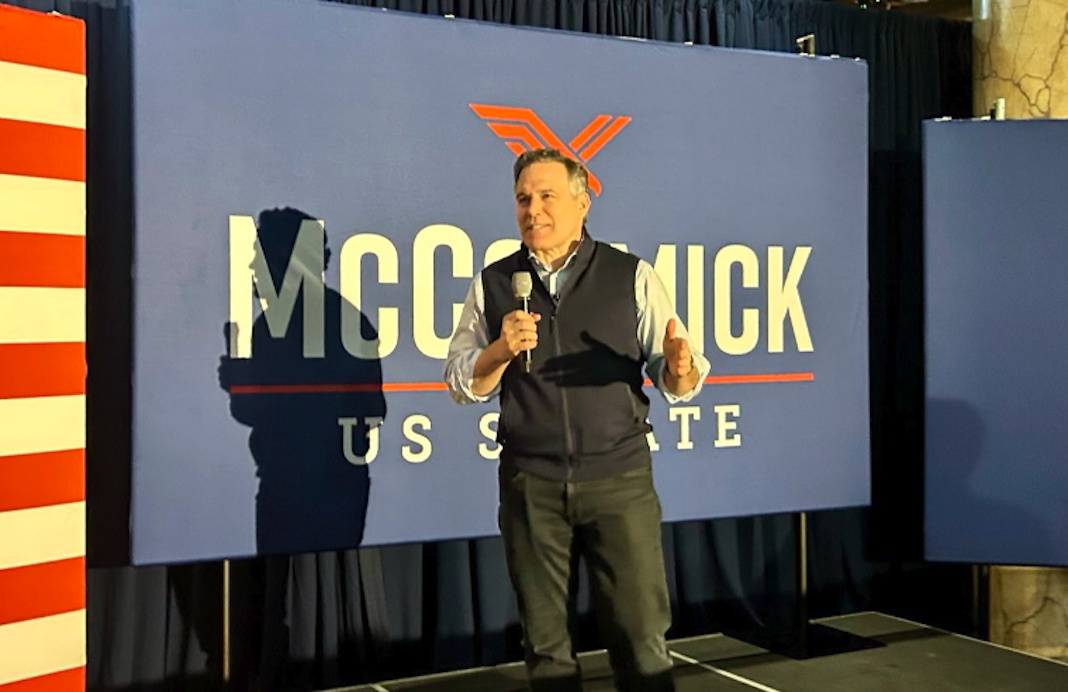National, U.S. House, U.S. Senate, White House
Baldwin-backed fentanyl crackdown bill signed into law

National, U.S. House, U.S. Senate, White House

National, U.S. House, U.S. Senate

National, U.S. House, U.S. Senate, White House

Health Care, Politics, Repro Rights, Supreme Court



Politics, Repro Rights, Supreme Court


Elections, Politics, Repro Rights, U.S. Senate